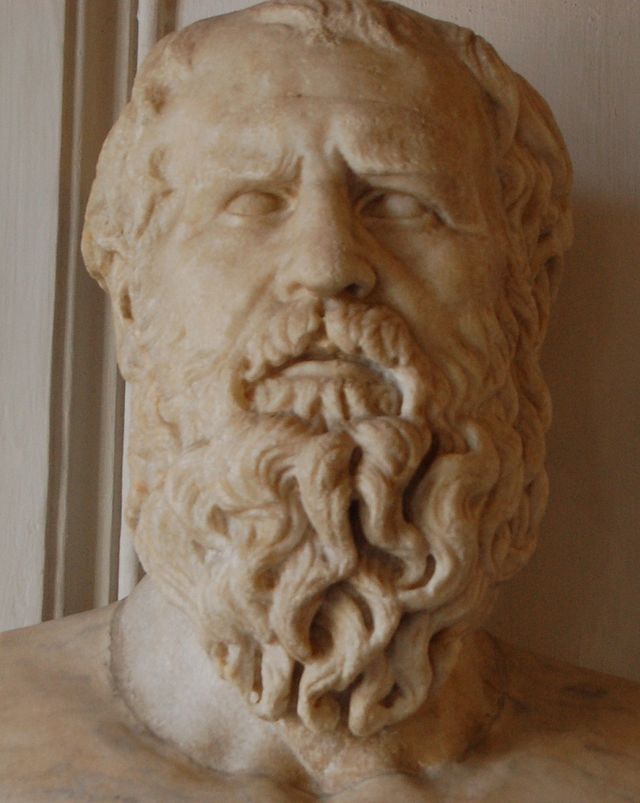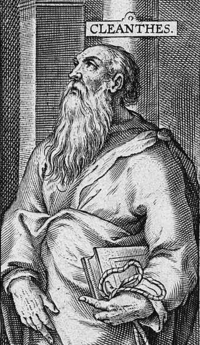Reference




OpenAI's Answer
Heraclitus' views on the afterlife are somewhat controversial and open to interpretation. There is evidence to suggest that he did believe in some form of afterlife, particularly for those who showed bravery in battle. For instance, he mentioned, "Gods and men honor those slain in battle," indicating a form of reverence or continuation for the valorous (Source).
However, other scholarly interpretations argue that Heraclitus did not propose a clear afterlife doctrine, and his surviving fragments are limited and ambiguous on this matter. Some sources suggest that while he may have entertained concepts of reward and punishment after death, his monistic philosophy implies a more materialistic and less defined continuation of the soul (Source).
Heraclitus also spoke about the perpetual transformation of opposites, which aligns with the broader philosophical themes of flux and change in the universe. This focus on continuous transformation might hint at his perception of the soul's journey or existence beyond physical life but remains speculative due to the fragmentary nature of his writings (Source).
For a visual representation, here is an image often associated with Heraclitus:

In summary, while Heraclitus intimated some notions of afterlife, particularly through the honor given to fallen warriors, his exact beliefs remain a topic of scholarly debate. His fragmentary works provide hints, but no clear, comprehensive doctrine.
Follow Up
Related
How did Heraclitus' concept of the soul differ from Homer's conception?
What role does resurrection play in the interpretation of shijie within Daoism?
What are the key burial phases identified in the Udegram and Gogdhara sites?
What ultimately happened to the memorial wall from Memorial Stadium after demolition?